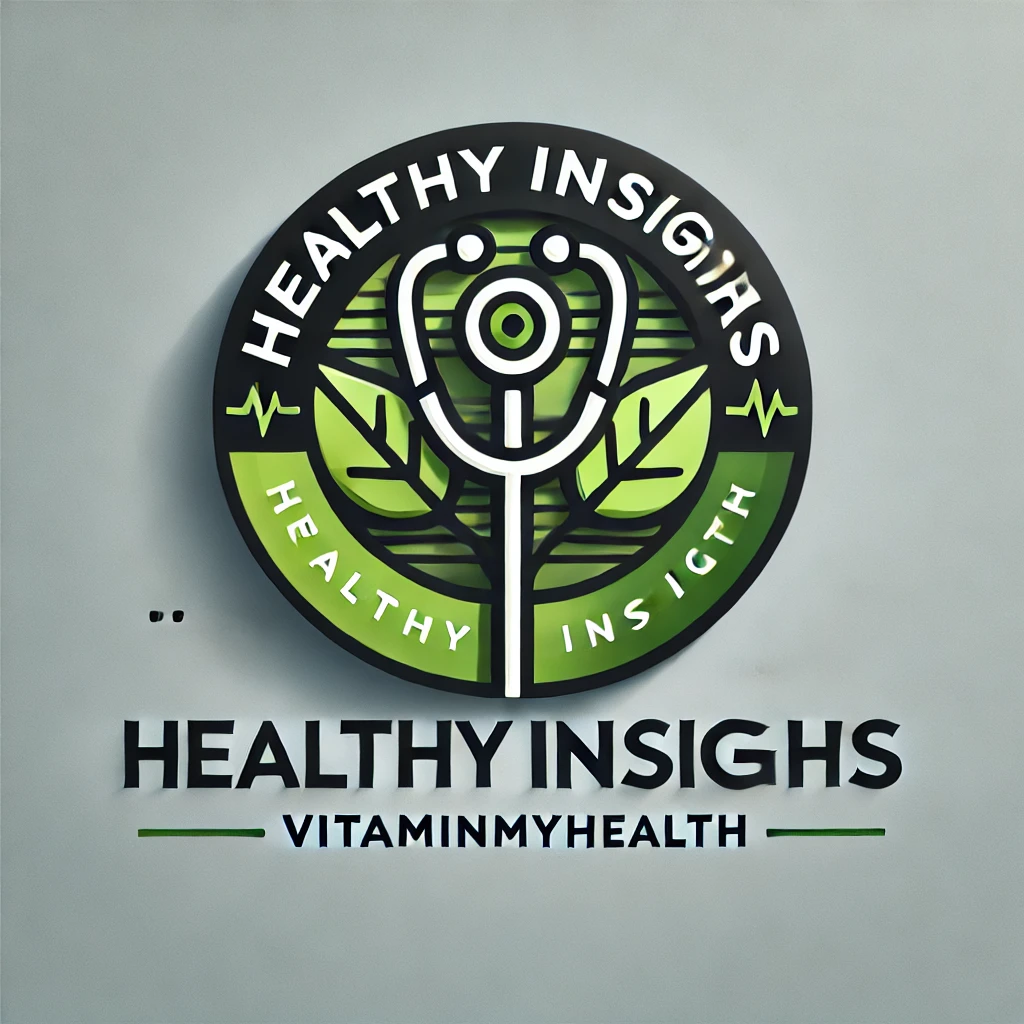Vitamin K
Vitamin K means structurally similar fat-soluble vitamers found in foods and marketed as dietary supplements. Your body stores vitamin K in the liver and other tissues, including the brain, heart, pancreas, and bone.
Some chemical compounds are included in “Vitamin K.” They share the Quinone ring and are similar structurally but differ in length and saturation degree. Of the carbon tail and the number of repeating isoprene units in the side chain, plant-sourced forms are primarily vitamin K. Animal-sourced foods are mainly vitamin K. Vitamin K helps provide various proteins needed for blood clotting and building bones. Vitamin K keeps our bones healthy and strong, crucial to bone cell maintenance and bone protein formation.
The vitamin is available as a dietary supplement and is naturally present in some foods. “Vitamin K” is a generic name for a family of compounds with a standard chemical structure of 2-methyl-1, 4-naphthoquinone, which is fat-soluble. These compounds include vitamin K1 [phylloquinone] and a series of vitamin K2 [menaquinones]. Several well-studied menaquinones are based on their short side chains, including MK-4, MK-7, and MK-9. These menaquinones have unsaturated isoprenyl side chains and are called MK-4 through MK-13.
Phylloquinone is primarily present in green leafy vegetables
Phylloquinone is primarily present in green leafy vegetables. It is the main dietary form of vitamin K. Menaquinones, predominantly of bacterial origin, are present in modest amounts in various fermented foods and animal-based foods. Almost all menaquinones, particularly the long-chain ones, are also created by bacteria in the human gut. MK-4 is unique because the body produces it from phylloquinone via a conversion process that does not involve bacterial action.
Why Do People Take Vitamin K?
Low levels of vitamin K can develop the risk of abnormal bleeding. While vitamin K deficiencies are uncommon in adults, they are prevalent in newborns. One injection of vitamin K for newborns is standard. Vitamin K is additionally used to counteract an overdose of the blood thinner Coumadin.
While vitamin K deficiencies are not familiar, you may be at higher risk if you:
-
Have an illness that influences absorption within the digestive tract, such as active celiac disease or Crohn’s disease.
-
Drink alcohol heavily.
-
Take medicines that interfere with vitamin K absorption.
-
Are severely malnourished.
In these cases, a healthcare provider might suggest vitamin K supplements.
Uses & Effectiveness
Some of the uses of vitamin K include:
Bleeding Issues in Newborns
Newborns with low vitamin K ranges (hemorrhagic disease) benefit from vitamin K1 as a shot into the muscle or through the mouth. Shots appear to work excellently but can only be administered by a healthcare provider.
Reversing Warfarin Effects
Taking vitamin K1 with an IV or mouth can counteract the effects of warfarin, a blood thinner. A healthcare provider can only give IV products.
Low Prothrombin Levels
Vitamin K1 by mouth or IV can treat and prevent bleeding problems in people with low prothrombin levels. A healthcare provider can only give IV products.
Vitamin K-Dependent Clotting Factors Deficiency (VKCFD)
Vitamin K by mouth or IV can help prevent bleeding in people with VKCFD. A healthcare provider can only give IV products.
Possibly Effective For
Brittle and Weak Bones (Osteoporosis)
Taking vitamin K1 and vitamin K2 by mouth improves bone strength and reduces the risk of fractures in people with weak bones. However, it doesn’t benefit those who still have strong bones.
Possibly Ineffective For
Brain Bleeding in Preterm Infants
Taking vitamin K by mouth during pregnancy doesn’t prevent brain bleeding in preterm infants. It also does not seem to lessen the risk of nerve injuries triggered by these bleeds.
Food Sources
There are two natural forms of vitamin K in plants or animal-based foods:
Plant-Based Foods Rich in Vitamin K
-
Dark green leafy vegetables (lettuce, spinach, cabbage, kale, Brussels sprouts, broccoli, cauliflower).
-
Some seed and vegetable oils (soybean, rapeseed, olive oil).
-
Spreadable vegetable fats.
Animal-Based Foods Rich in Vitamin K
-
Meat and meat products (particularly liver products).
-
Poultry.
-
Cheese and other dairy products.
-
Blended fats and oils.
Vitamin K Deficiency
Deficiency Symptoms
Vitamin K deficiency affects very few adults in the United States. However, it may occur in:
-
Individuals taking medicines that block vitamin K metabolism (e.g., antibiotics).
-
Those with nutrient malabsorption conditions.
-
Newborns (because vitamin K doesn’t cross the placenta, and breast milk contains little).
The most common symptoms include:
-
Increased risk of bruising and bleeding.
-
Longer clotting times.
-
Reduced bone mineralization leading to osteoporosis or osteopenia.
-
Hemorrhage in severe cases.
Conclusion
Vitamin K plays an essential part in bone health. Observational studies associate low serum vitamin K values, low intake, and high levels of ucOC with an increased risk of fractures (especially hip fractures). However, clinical trials are inconclusive. High-quality studies involving patients with low serum vitamin K values and low dietary consumption are needed to clarify the role of vitamin K in fracture risk.

